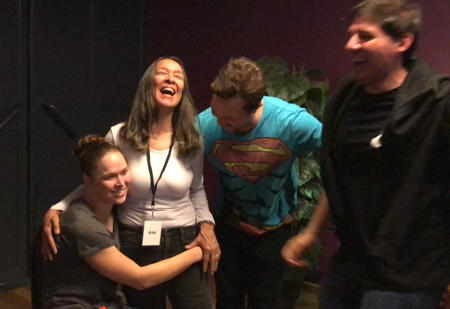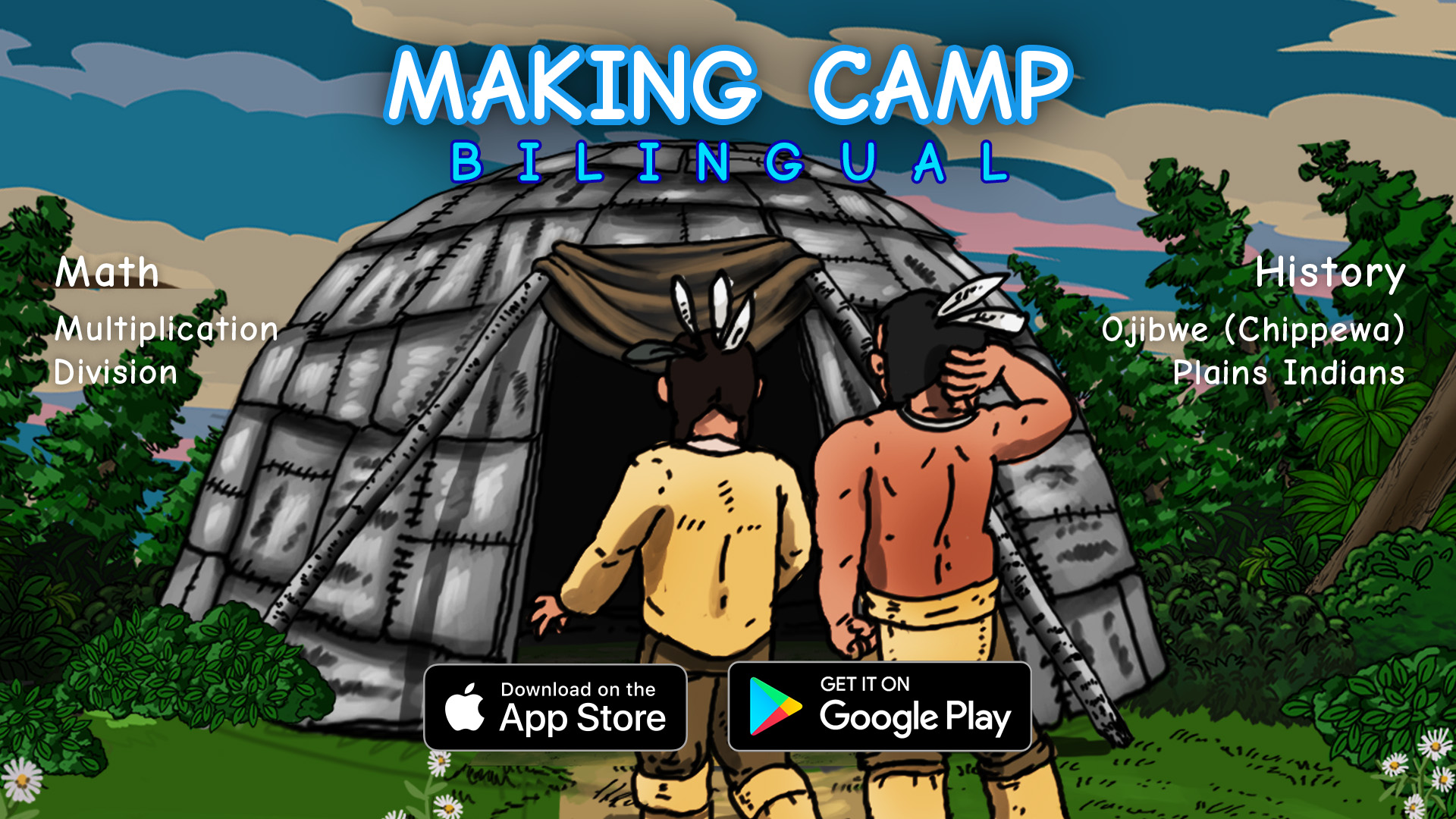Welcome back to the latest issue of the Startup Diaries: Santiago Edition.

Accelerator staff often advise when pitching an investor to discuss the global market for their product because it is going to be significantly bigger than the U.S. market. I’ve always found that a little odd. For example, well meaning people tell me frequently that we should sell our bilingual games in India and China because,”
Everyone wants to learn English there and they really care about math.”
They ignore the fact that I don’t speak Chinese, have never been to India and have no contacts in either place.
What do the WWE and Ronda Rousey have to do with the global market?
A good friend of mine asked if I could get Ronda to sign something for his boyfriend. I almost always say no to those requests, but he’s a good friend, so I gave him a signed poster that I have in what the kids call my “Closet of Ronda” for just such occasions. It’s more a closet of random junk with some Ronda items thrown in, but Closet of Random Junk doesn’t sound as classy.

When he gave it to the boyfriend, he said, jokingly,
If we break up, you’re giving that back, because AnnMaria is MY friend, she doesn’t even know what you look like!
It made me laugh, because it’s true.
This got me thinking about global markets. Yeah, I’m weird like that. Seriously, though, when you give those market figures talking about the world wide demand for widgets, do you know you are just bullshitting or do you really believe that’s your market?
When I came to Chile, I thought we were better positioned to sell in Latin America than most people. After all, we make games in Spanish and English, most of our staff is bilingual and we had connections through Start-up Chile, which is part of the Chilean government.

Play in English or Spanish (see how much you remember from high school)
Did I say we were better positioned? We were. Little did I realize that didn’t mean we were WELL-positioned to sell – yet. It’s more like being the tallest six-year-old. You may be taller than all of the other six-year-olds and you may one day grow up to slam dunk the basket, but we weren’t anywhere near there – yet.
Let me ask you four questions about your “global market”.
Pick three countries, let’s say, Chile, China and Nigeria.
- What is the official language in that country? What percentage of people speak a different language ? Do YOU speak that language? If not, how are you going to do business there?
- Do you know anyone in that country? If you are selling to businesses, how are you going to get in the door if you don’t know anyone?
- What is your distribution strategy? If you plan to sell over the web with people paying by credit card, what percentage of that country’s population has a credit card?
- Is social media part of your strategy? If so, what are the most popular platforms for social media used in that country?
Okay, well, that was maybe more than four, but hopefully you get my point. Most people have very little idea of what the market is like outside of their own country. However much you think you know, it’s less.
How did Chile differ from our preconceived notions? Check out tomorrow’s post, “Chile really is another country, part 48,786.
If you are interested in regular updates on the Start-up Diaries, free stuff from 7 Generation Games and life in general, sign up for our newsletter here.
